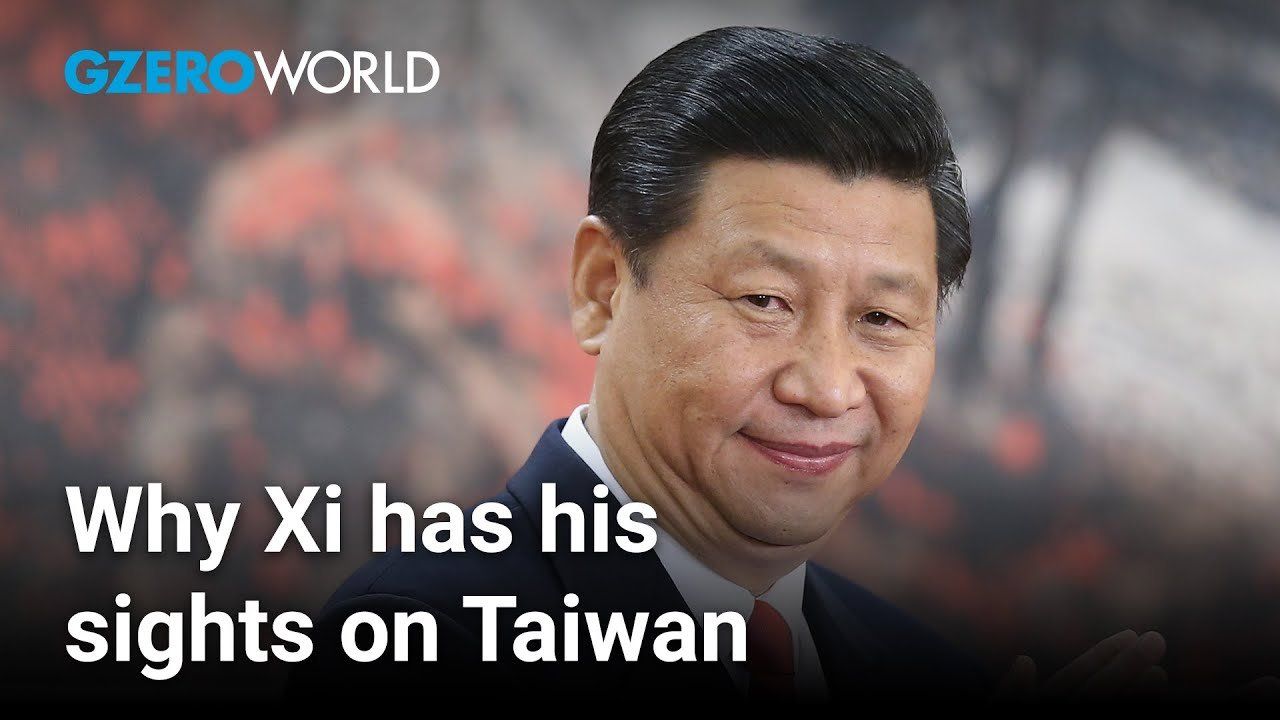GZERO World Clips
Xi Jinping's solution to his "Taiwan problem"

Xi Jinping's Solution to his "Taiwan Problem" | GZERO World with Ian Bremmer

"Xi has made it clear he plans to go solve the Taiwan problem while he's still in office." That's New York Times national security correspondent and New Cold Wars author David Sanger on why China's leader is setting his sights on the slender island off its eastern coast. Xi Jinping has made no secret of his belief that Taiwan belongs to China and that it is a national security imperative to bring it under Chinese sovereignty. But it's also an American national security imperative to prevent Xi from doing so, says Sanger. That's because the small island nation still manufactures the vast majority of the critical semiconductor microchips that power our modern world in both China and the United States.
"What Biden has done here in the semiconductor field of trying to choke the Chinese of the most advanced chips, but also the equipment to make those chips while trying to build up here, is the right step." At the same time, however, the Biden administration's push to manufacture more chips in the United States may also imperil the "silicon shield" that currently protects Taiwan from its Chinese neighbor. Nevertheless, Sanger argues that it's not just an industrial imperative for the United States to become self-sufficient in this area. It's a national defense imperative one as well."For our long-term security, it is much more important to build those [semiconductor factories] fabs than it is to build those aircraft carriers."
Somewhere in the Donbas region, Ukrainian soldier Artem Bondarenko says he hasn’t slept through the night in months as he defends Eastern Ukraine.
In this Quick Take, Ian Bremmer warns that US military strikes on Iran are “looking increasingly imminent” as diplomacy appears to stall.